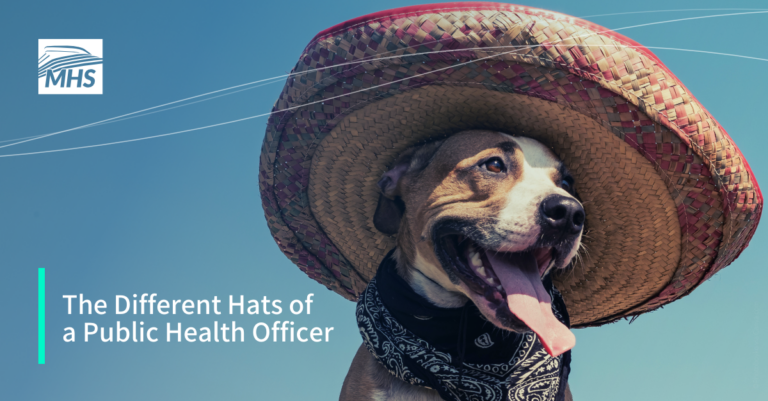When people hear the title Public Health Officer (PHO), they often picture someone with a clipboard, checking food temperatures and monitoring handwashing practices.
While compliance is certainly part of the job, a PHO’s responsibilities extend far beyond routine inspections. Their position demands patience, expertise, and adaptability—especially in the face of unexpected challenges.
As motivational author William Arthur Ward observed, “The pessimist complains about the wind; the optimist expects it to change; the realist adjusts the sails.”
PHOs don’t have the luxury of waiting for conditions to improve, nor does complaining accomplish much. They must be the realists, the ones who adjust the sails, making critical decisions in real time to safeguard the well-being of everyone on board.
To truly understand what it takes to be a PHO, one must look past the job description. These public health professionals wear many “hats”, each essential to keeping a vessel safe, compliant, and running smoothly.
In this article, we’ll dive into some of the diverse roles they play, uncovering the vital characteristics that define a cruise ship PHO.
Table of Contents
The Regulator: Upholding Public Health Standards
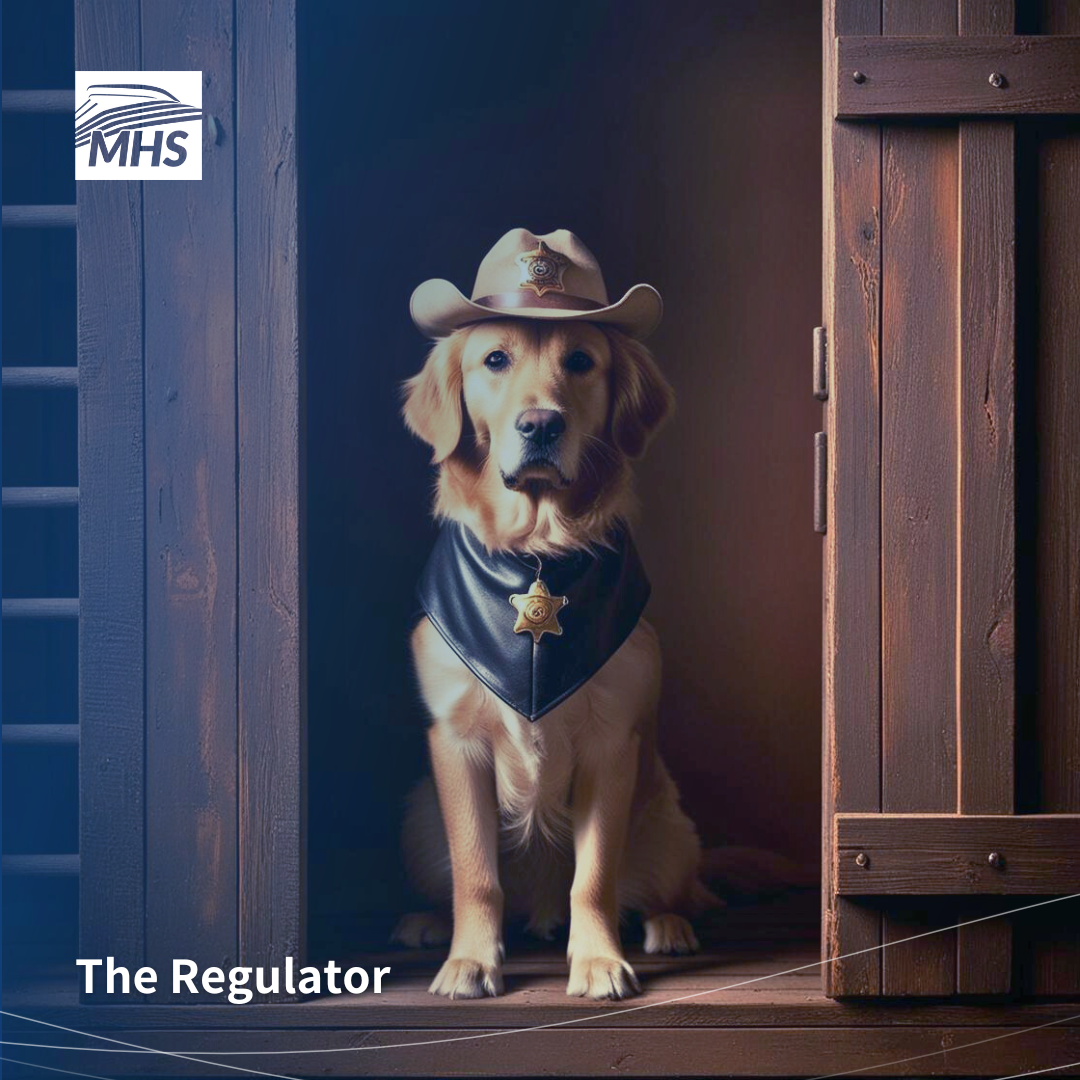
Despite any romanticized notions about their function, regulatory compliance is the foundation of a PHO’s job on board.
Cruise ships must navigate a complex web of environmental health standards, including those set by the CDC’s Vessel Sanitation Program (VSP), the World Health Organization (WHO), and various port health authorities. However, external regulations don’t always align with a cruise line’s internal policies, leaving gaps that must be addressed.
Consequently, PHOs need a deep understanding of both international and local health requirements to ensure adherence with any applicable regional guidelines, such as those governing cruise ships operating in Brazilian waters.
The consequences of non-compliance are serious and far-reaching. A single lapse can trigger outbreaks, legal liabilities, and financial penalties, but perhaps the most lasting impact is the erosion of passenger confidence.
A poor inspection score or a publicized health event can cast a shadow over a company’s reputation, affecting bookings and long-term brand perception.
Maintaining compliance isn’t a one-time task; it’s an ongoing commitment. As public health regulations evolve, having a dedicated professional on board like a PHO ensures these changes are not only understood, but effectively implemented.
The Trainer: Educating Crew on Public Health Principles

Regulations alone don’t ensure compliance—crew members must understand their role in upholding public health standards. On a cruise ship, where staff turnover is constant, education is just as vital as enforcement. This is where the Public Health Officer steps in.
Trainer, coach, mentor. PHOs play a pivotal role in enlightening crew on company expectations and job-specific responsibilities.
This involves more than distributing procedures or delivering routine hygiene presentations. Effective training requires engagement, clarity, and reinforcement, because success in public health isn’t just about passing inspections—it depends on maintaining consistent, high standards.
While training cannot resolve every performance or behavioral gap, knowledge is essential to ensuring the correct public health practices are followed.
Like compliance, training is a continuous process. New hires need onboarding, experienced crew members require refresher courses, and evolving risks demand ongoing education.
Whether leading classroom sessions, conducting hands-on demonstrations, or providing on-the-spot coaching, a PHO’s ultimate goal is to make public health not just a policy on paper, but a mindset embedded in daily operations.
The Investigator/Crisis Manager: Responding to Health Events
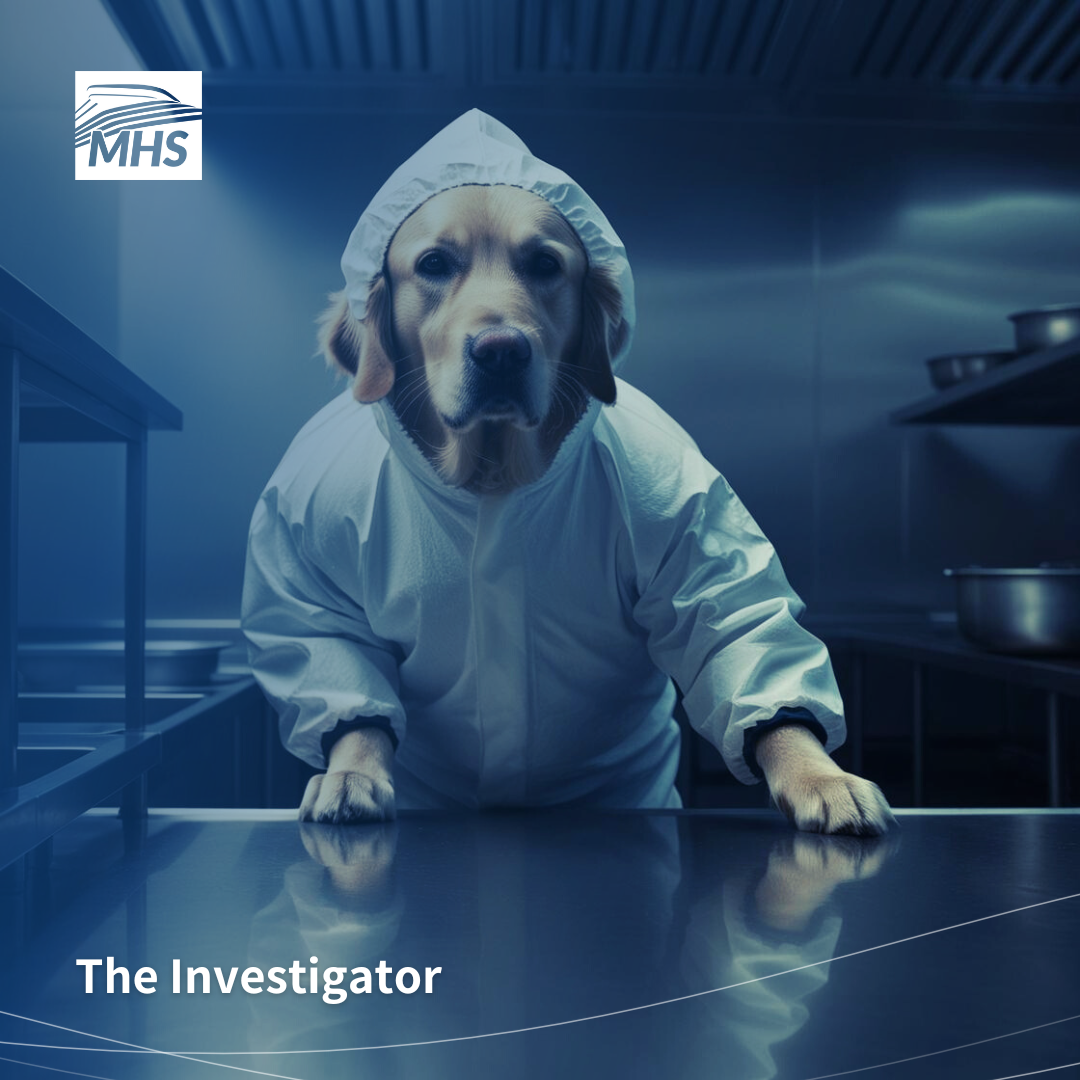
Infectious diseases are an unavoidable reality, both at sea and ashore. While proper planning and preventive strategies reduce the risk of large-scale outbreaks, the confined environment of a cruise ship accelerates their transmission, making containment more challenging.
When illness is detected, swift action is critical. In these moments, a PHO becomes an investigator, analyzing surveillance data and environmental factors to pinpoint the outbreak’s source.
Epidemiology isn’t confined to laboratories; it’s a frontline responsibility. PHOs must develop testable hypotheses, trace transmission routes, and act quickly to prevent escalation. Just as importantly, they must translate their findings into immediate—and effective—response measures.
A well-executed investigation doesn’t just resolve the current situation; it strengthens future prevention. By identifying gaps in protocols and refining response strategies, PHOs help cruise lines improve their public health measures, reducing the likelihood of recurring incidents.
Investigator and crisis manager, all rolled into one.
The Consultant: Advising Departments on Best Practices
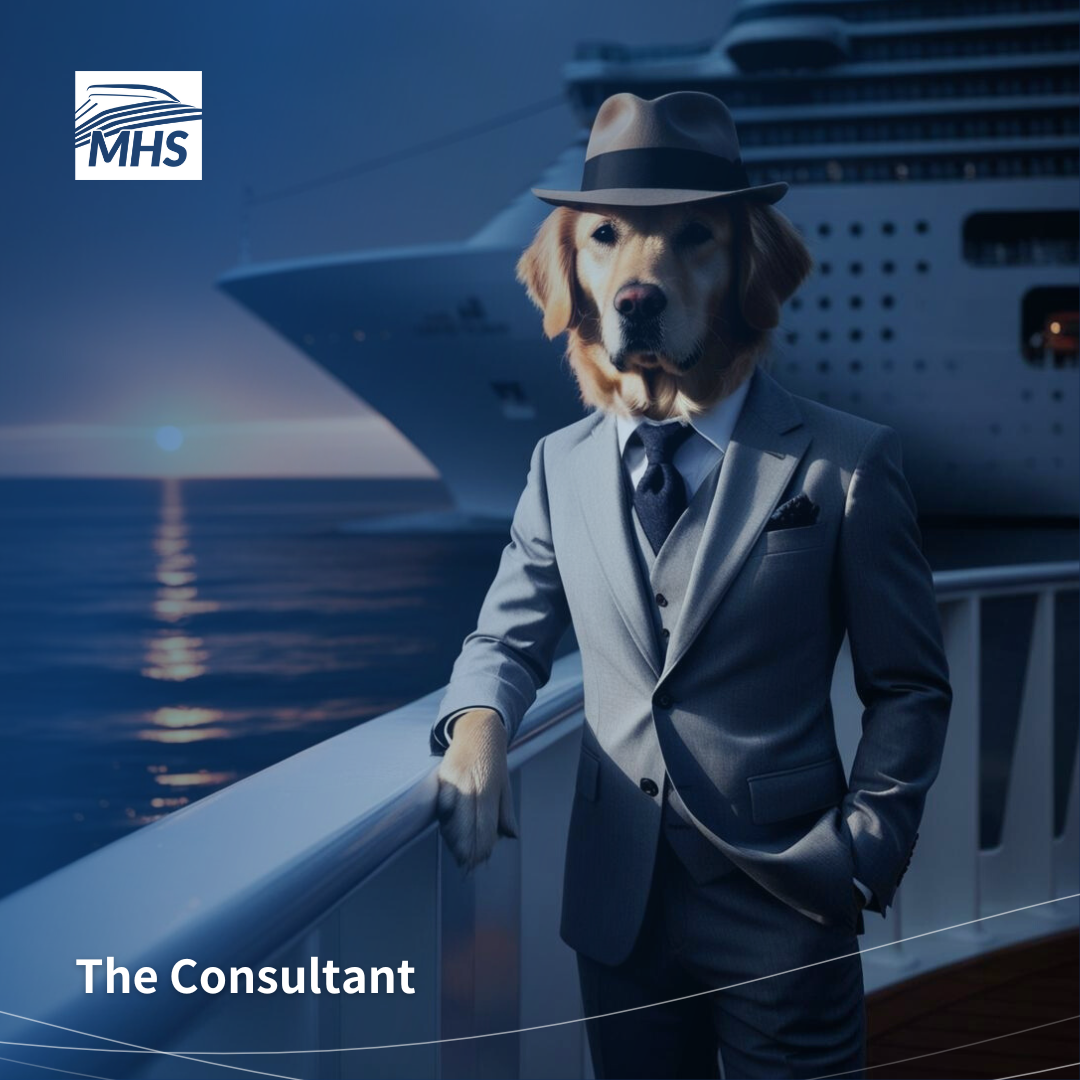
Public health on a cruise ship isn’t confined to a single role or department—it’s woven into daily operations across the entire vessel. Preventing illness requires more than just enforcing compliance or conducting training; it depends on collaboration.
Rather than acting solely as regulators, PHOs serve as advisors, helping department heads and their teams interpret regulations and integrate hygienic principles into their workflows.
Whether guiding galley crew on safe food handling, assisting housekeeping with sanitation measures, or supporting engineers with potable and recreational water safety, they play a pivotal role in shaping a ship’s overall approach to public health.
Their expertise is especially valuable when new policies are introduced or special events take place. By providing practical solutions and department-specific recommendations, PHOs help bridge the gap between policy and application, ensuring risks are effectively mitigated.
As Henry Ford remarked, “Coming together is a beginning, staying together is progress, and working together is success.”
A strong public health culture isn’t built on rules alone—it thrives on collaboration, respect, and expert guidance. This is where a PHO can make all the difference.
The Confidant: Gaining the Trust of the Crew
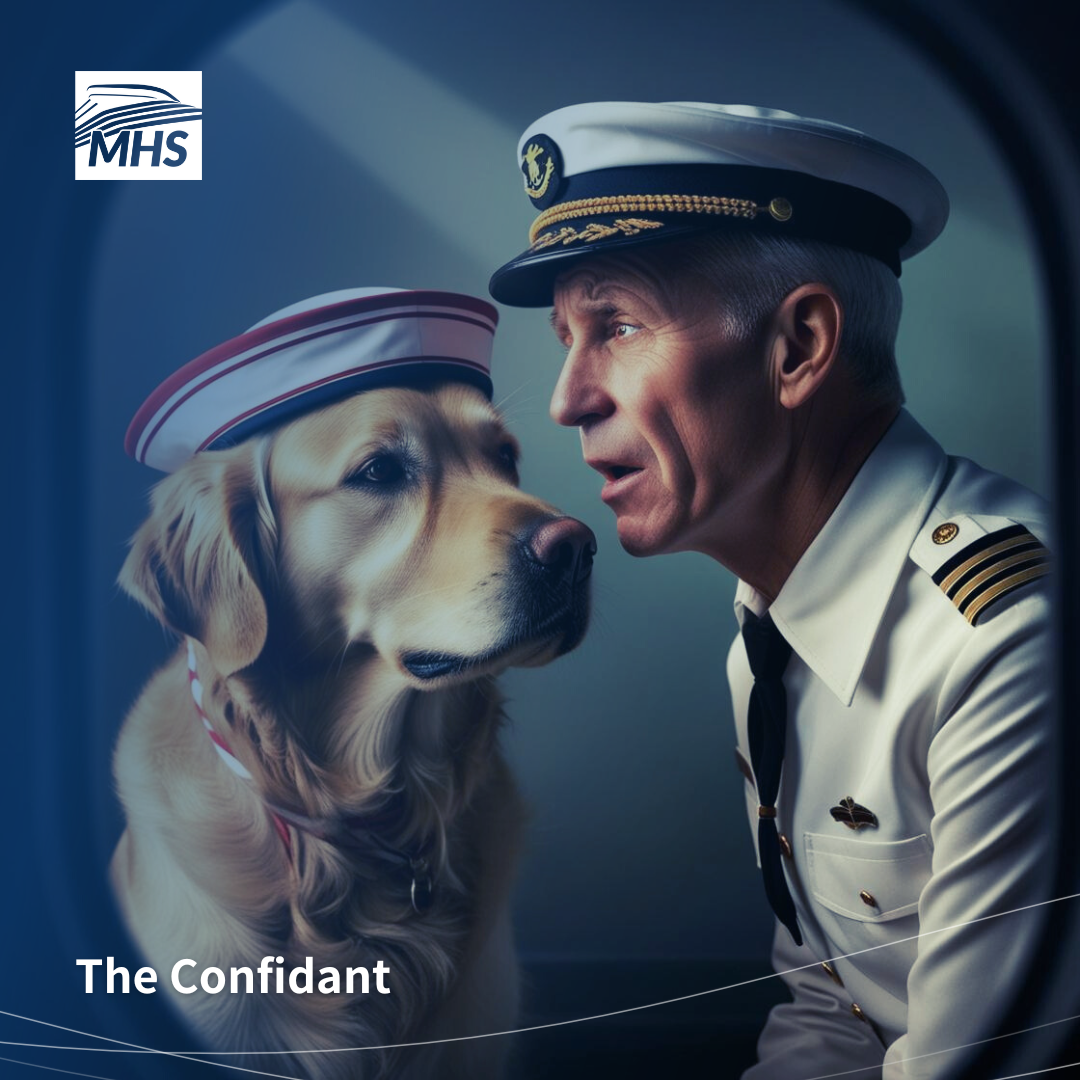
Procedures are only as effective as their implementation. If protocols are seen as impractical, overly complicated, or disconnected from real-world operations, they will likely fail to achieve their intended purpose.
This is another reason why a Public Health Officer isn’t just an enforcer. They must also be an effective listener, understanding the daily challenges crew members face and ensuring policies are practical, not just theoretical.
A PHO who takes the time to engage with crew members, hear their concerns, and offer solutions that balance compliance with operational realities will foster a culture of cooperation rather than resistance.
Whether it’s making recommendations on handwashing station placement to improve accessibility (and use) or providing training that goes beyond checklists to address actual scenarios, small changes can make a big difference in adherence.
Trust is built through dialogue, not directives. When crew members see the PHO as an ally—someone who works with them rather than against them—they become more receptive to guidance.
And ultimately, crew members who believe in the “why” behind public health policies are far more likely to follow them.
More Than a Job: A Commitment to Public Health
A Public Health Officer on a cruise ship is more than a regulator with a checklist. They are investigators, crisis managers, trainers, consultants, and confidants—leaders who balance compliance with practicality, data with intuition, and enforcement with collaboration.
Each “hat” they wear serves a common goal: protecting the health and safety of everyone on board. Whether responding to an outbreak, guiding departments on best practices, or gaining the trust of the crew, PHOs shape not just policies, but the culture that determines their success.
Public health isn’t just about rules: it’s about people. And the most effective PHOs understand that their impact isn’t measured by the regulations they enforce or the inspection score a ship achieves, but by the lives they protect.
After all, a safe and healthy voyage doesn’t happen by chance. It happens by design—and by the dedication of those who ensure public health is always a priority.

